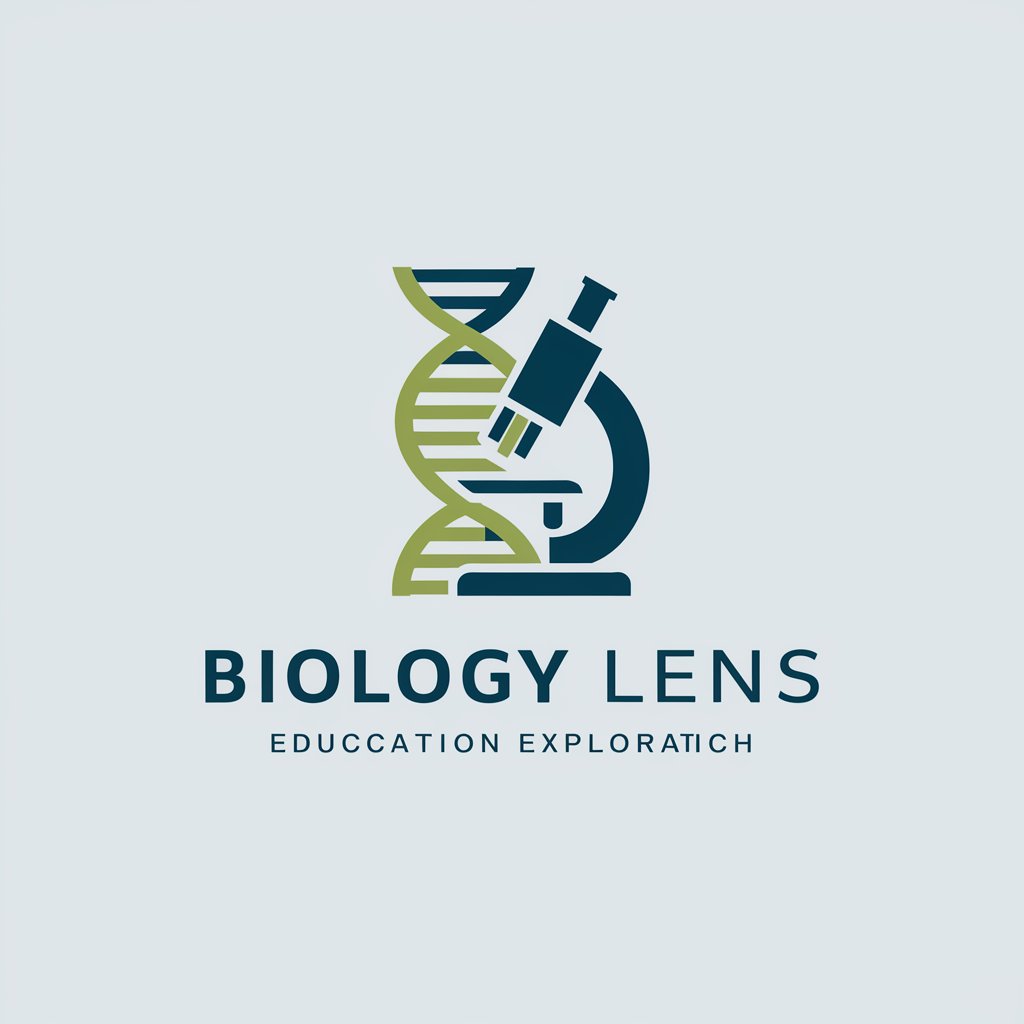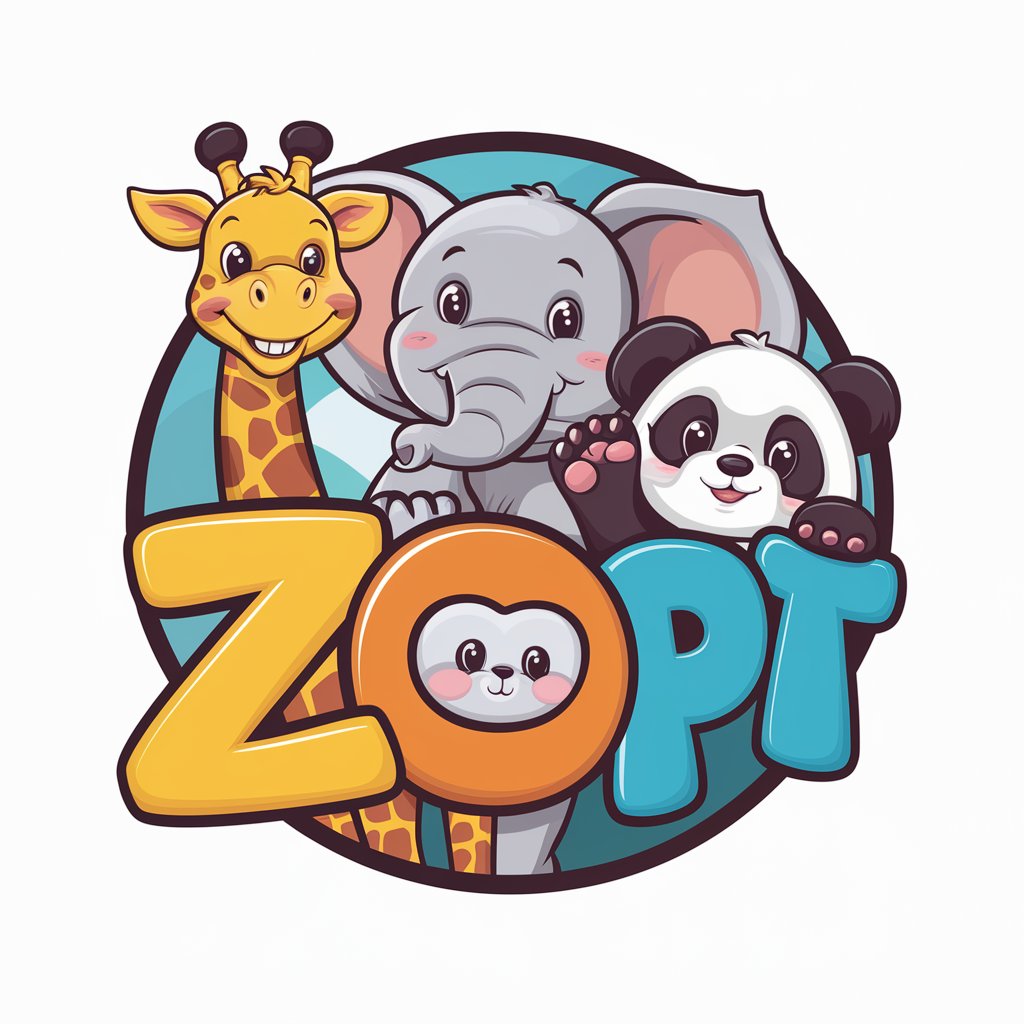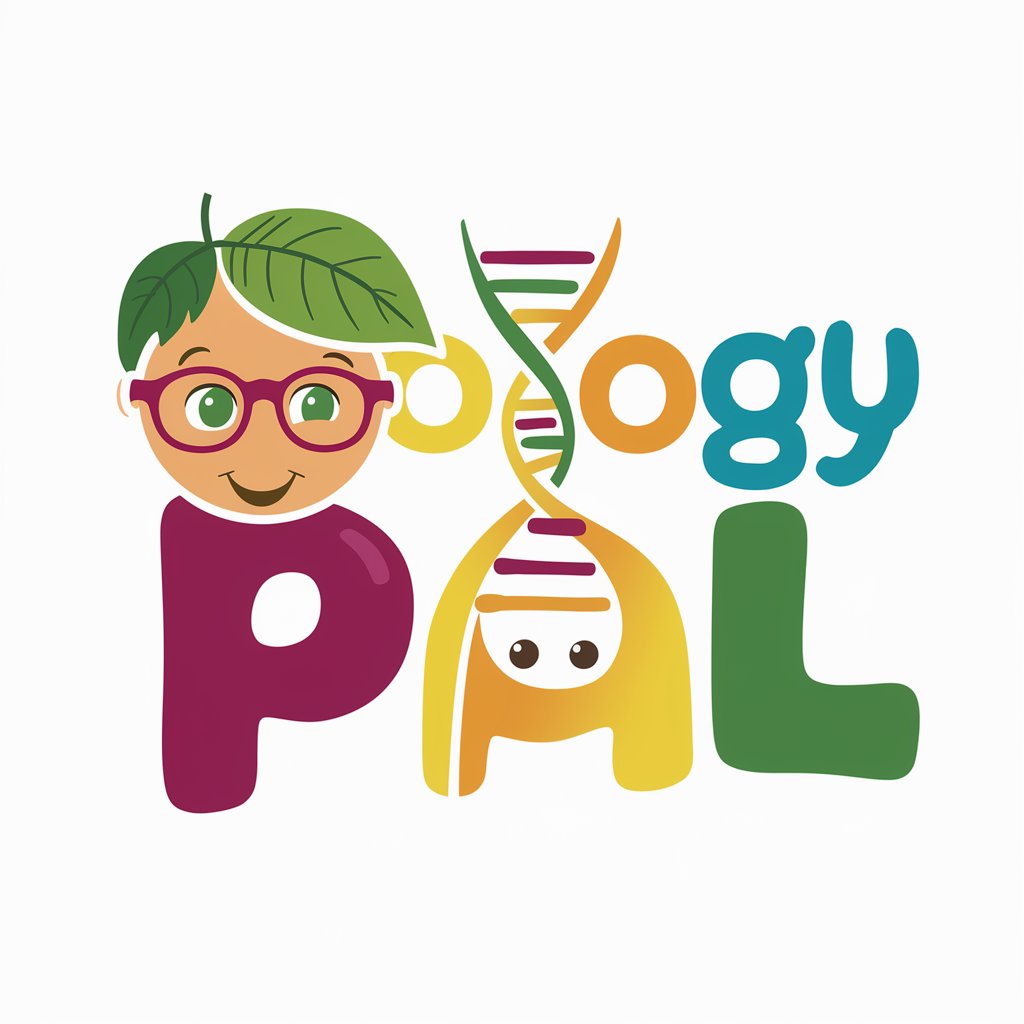
Zoology - Zoological Insight Tool
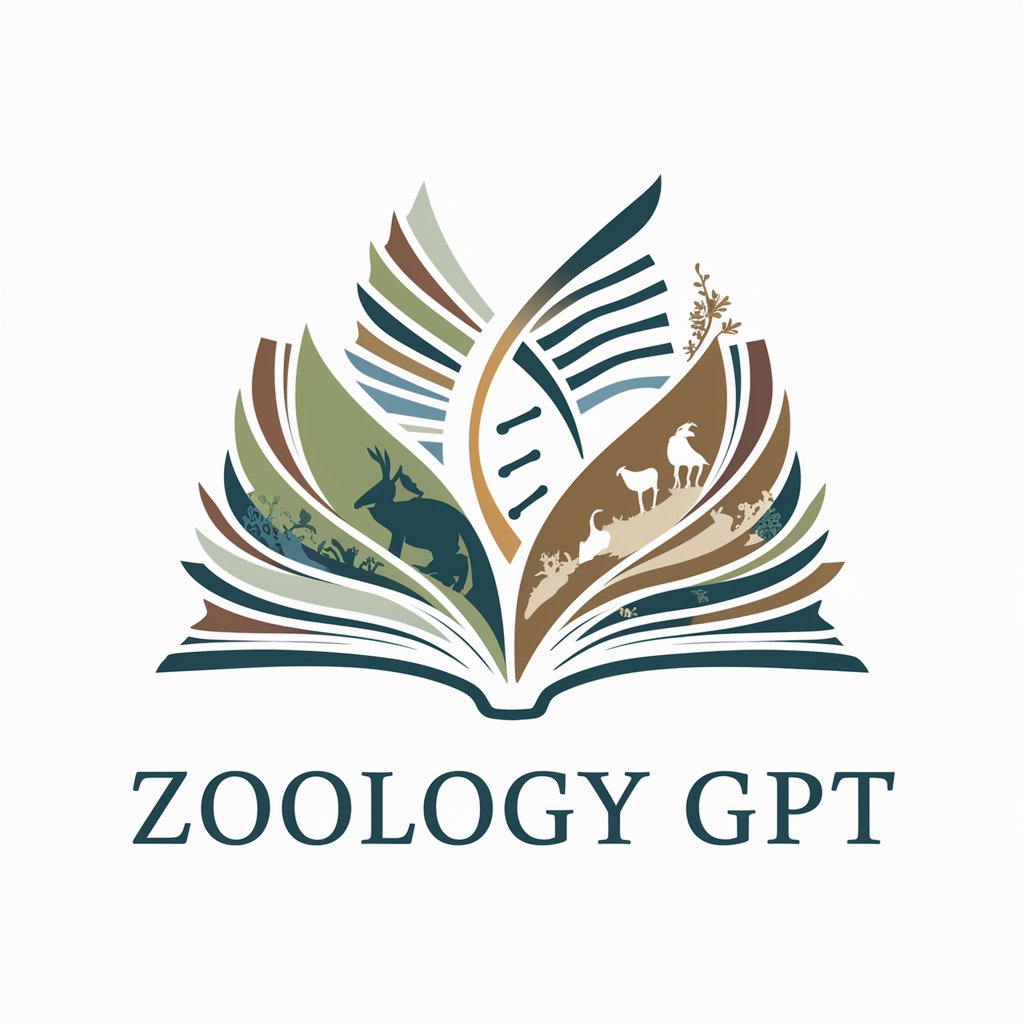
Welcome! How can I assist you with your zoological inquiries today?
Empowering animal insights with AI
Can you explain the behavior of...
What are the conservation efforts for...
Describe the habitat of...
How do human activities impact...
Get Embed Code
Introduction to Zoology
Zoology, as a specialized form of ChatGPT, is designed with the primary purpose of offering insights into the study of animals, encompassing their behavior, habitats, conservation efforts, and the biological intricacies of various species. Its architecture is structured to facilitate a comprehensive and scholarly discourse on zoological matters, drawing upon a vast repository of scientific knowledge. This specialized GPT is programmed to dissect complex zoological concepts into understandable segments, making the extensive domain of animal studies accessible to both professionals in the field and the interested public. For instance, it can elucidate the social structure of wolf packs in the wild, detailing the roles of alpha, beta, and omega wolves, or explain the migratory patterns of monarch butterflies, emphasizing the biological and environmental cues that trigger their journey. Powered by ChatGPT-4o。

Main Functions of Zoology
Providing detailed animal profiles
Example
For a researcher studying the dietary habits of the Eurasian lynx, Zoology can offer an in-depth analysis of its prey preferences, hunting strategies, and the impact of its feeding habits on local ecosystems.
Scenario
This function is particularly useful in academic research and wildlife management, where understanding the ecological role of a species is crucial.
Explaining animal behavior and social structures
Example
An enthusiast curious about the complex social dynamics of elephant herds can receive a thorough explanation, including matriarchal leadership, social bonding, and communication methods among elephants.
Scenario
Such insights can benefit wildlife educators, documentary filmmakers, and conservationists aiming to raise awareness about the importance of preserving natural animal behaviors in the wild.
Discussing conservation strategies and human impact on wildlife
Example
A conservationist looking for effective strategies to protect endangered species might utilize Zoology to explore various conservation methods, including habitat restoration, anti-poaching efforts, and the role of captive breeding programs.
Scenario
This is vital for policymakers, environmental activists, and non-governmental organizations working on the front lines of wildlife conservation.
Ideal Users of Zoology Services
Academic researchers and students
Individuals engaged in the scientific study of animals, including ethologists, ecologists, and biology students, will find Zoology an invaluable resource for obtaining detailed information on a wide array of species, aiding in research, thesis writing, and educational projects.
Wildlife conservationists and environmental NGOs
These users can leverage Zoology to deepen their understanding of species-specific needs and vulnerabilities, inform conservation strategies, and educate the public and stakeholders about the critical issues facing wildlife today.
General public with an interest in animal science
Curious minds eager to learn more about the animal kingdom, from pets to wild animals, can use Zoology to satisfy their curiosity about animal behaviors, habitats, and the importance of biodiversity conservation.

Guidelines for Utilizing Zoology
Initiate a Free Trial
For a preliminary experience without the need for login or subscription to ChatGPT Plus, begin by accessing yeschat.ai.
Identify Your Inquiry
Clarify the zoological topic or question you're interested in. Whether it's animal behavior, conservation efforts, or habitat specifics, having a clear question in mind helps.
Pose Your Question
Once on the platform, directly input your specific zoological query. Ensure it's concise yet detailed to receive the most accurate information.
Engage with the Response
Analyze the provided information. If needed, you can ask follow-up questions for further clarification or additional details on the topic.
Apply the Insights
Utilize the garnered knowledge in your academic research, environmental conservation efforts, or simply to satisfy personal curiosity about the animal kingdom.
Try other advanced and practical GPTs
Hediye Uzmanı
Find the perfect gift with AI

Libro Interactivo
Empowering Reading with AI
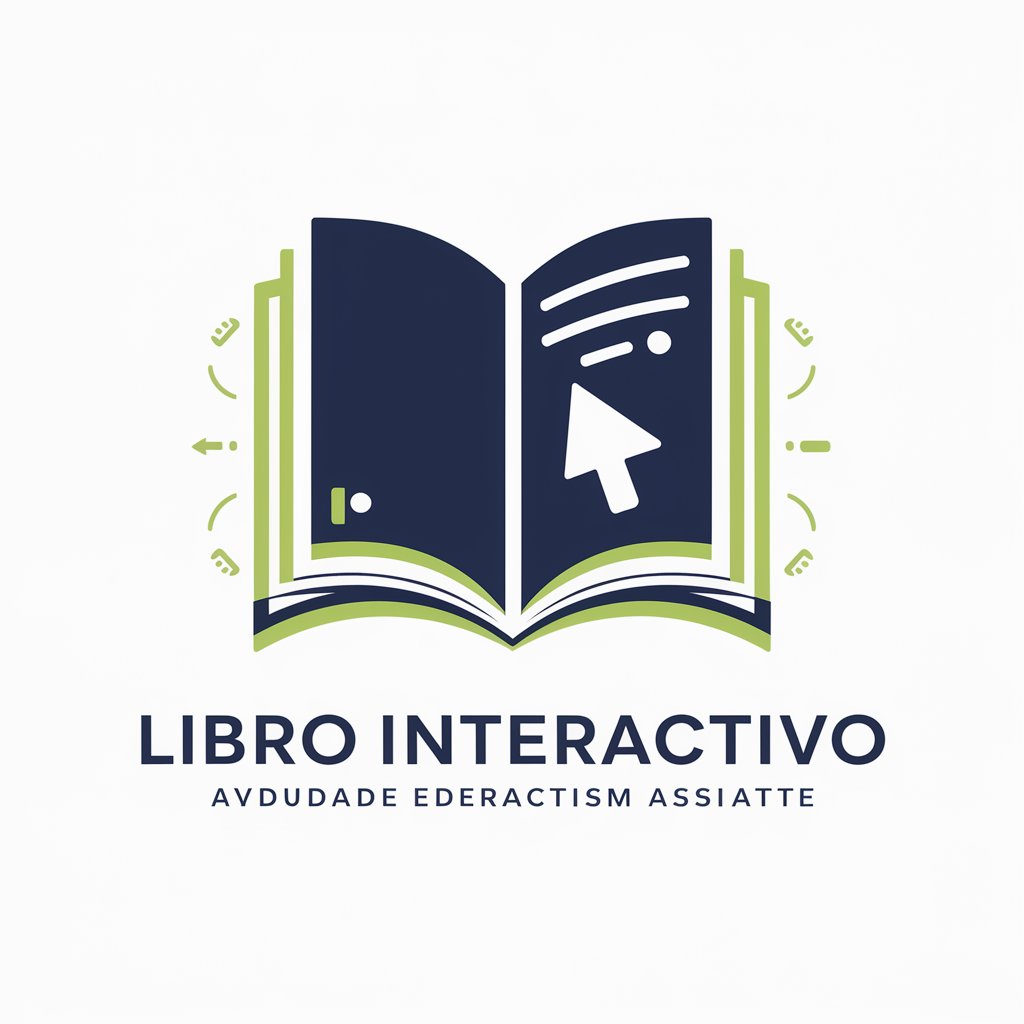
Private Lenders in Australia
Empowering Financial Choices with AI

Chat Open A I Gpt
Empowering conversations with AI

Doc/PDF Meister
AI-Powered Document Mastery
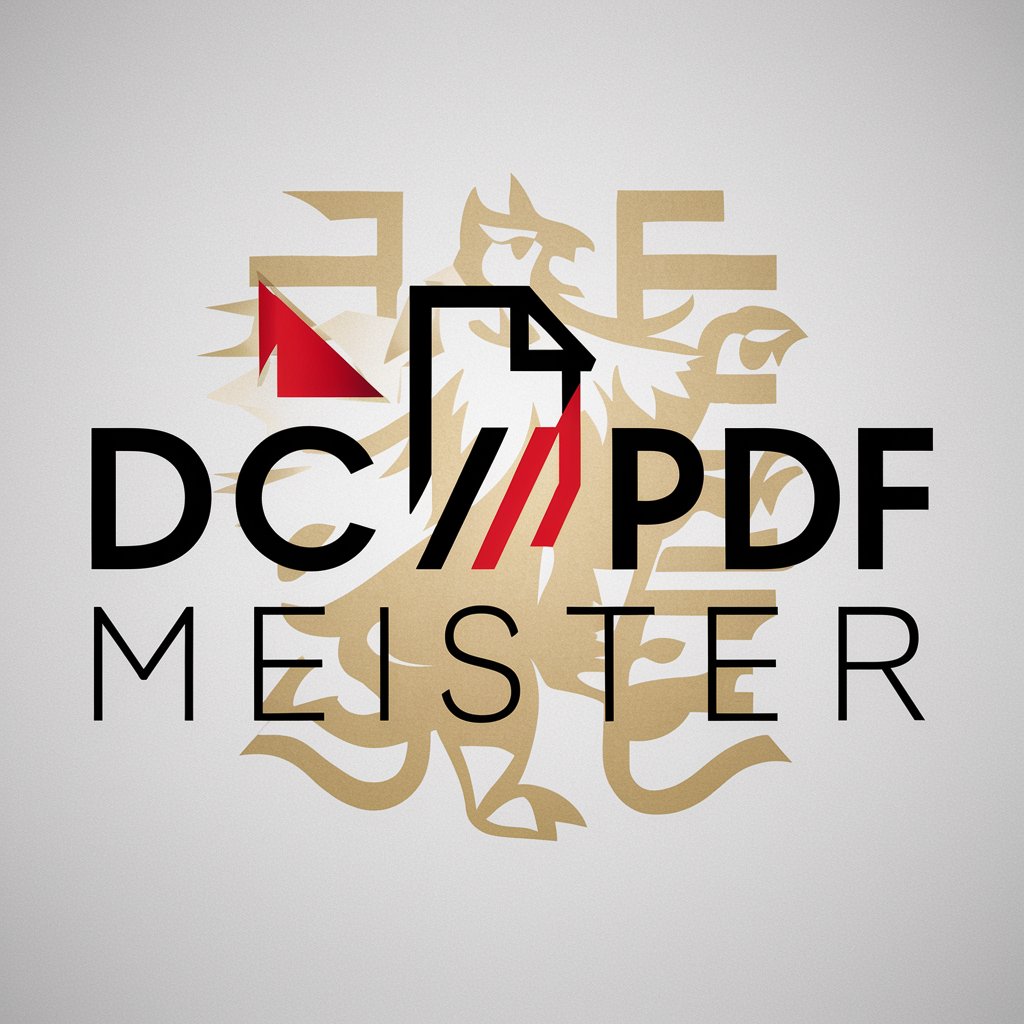
Expert Crise Ukrainienne
AI-Powered Ukrainian Crisis Expertise

Video Call
Connect globally with AI-powered video calls

Arnold's Fitness Wisdom
Empowering your fitness journey with AI

Affiliate Mentor
Empowering your affiliate success with AI

Corporate Management GPT
Empowering Leaders with AI

MOGA token
Empowering AI exploration with advanced tools

SocialMediaAdvisor
Elevate your social media game with AI-powered strategies.

Frequently Asked Questions about Zoology
What kinds of animal behavior can Zoology help analyze?
Zoology can assist in understanding a broad spectrum of animal behaviors, from migratory patterns and mating rituals to social hierarchy and survival strategies, offering insights backed by current scientific research.
Can Zoology provide guidance on wildlife conservation strategies?
Yes, it can offer detailed information on various conservation strategies, including habitat restoration, species re-introduction programs, and the role of genetics in conserving biodiversity.
How can Zoology aid in academic research?
It provides up-to-date, scientifically accurate information and data analysis on various zoological topics, assisting students and researchers in the formulation of hypotheses, literature reviews, and experimental designs.
What impact do human activities have on wildlife, according to Zoology?
Zoology can shed light on the effects of urbanization, pollution, deforestation, and climate change on wildlife, offering evidence-based assessments and suggesting mitigation strategies.
Is Zoology capable of identifying and explaining unfamiliar animal species?
Absolutely, it can offer detailed descriptions, habitat information, behavioral patterns, and conservation status for lesser-known or newly discovered animal species.

